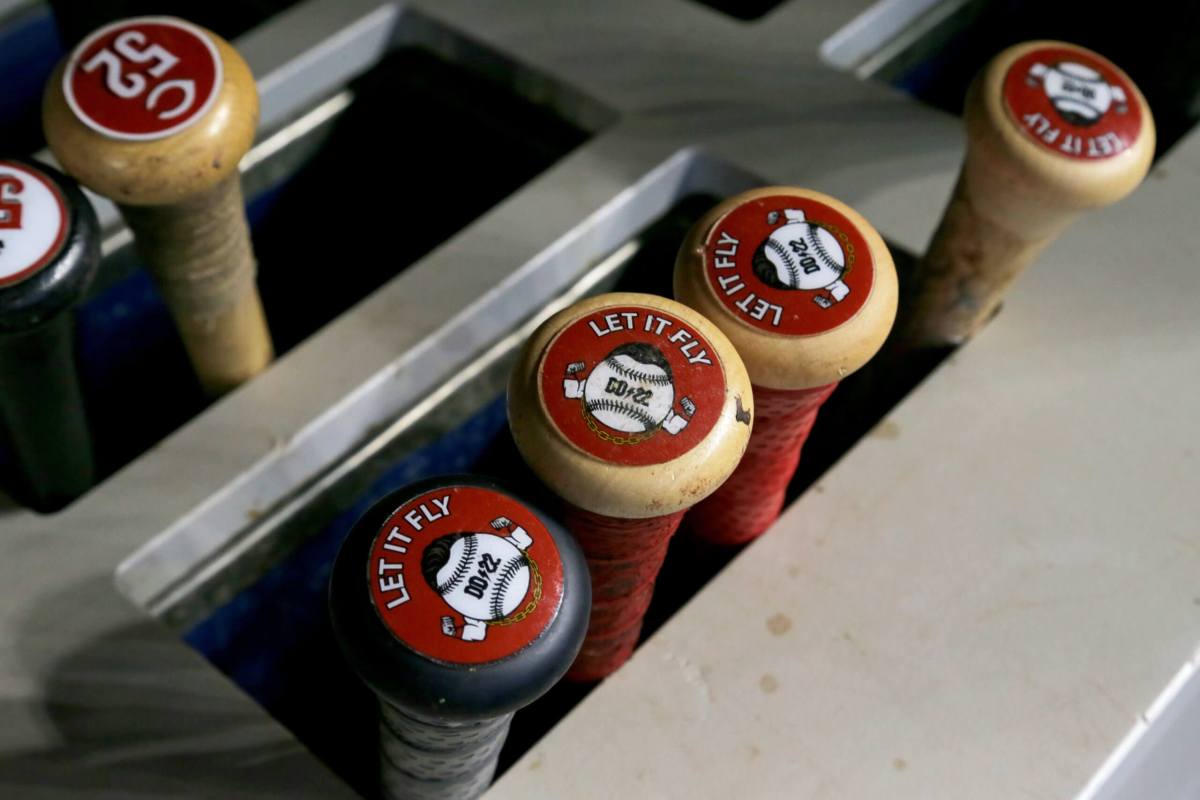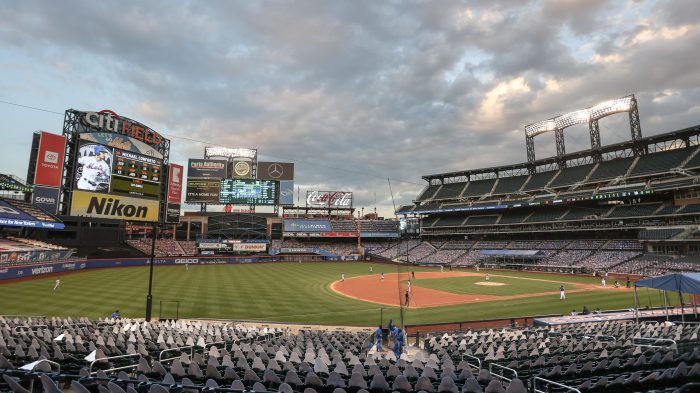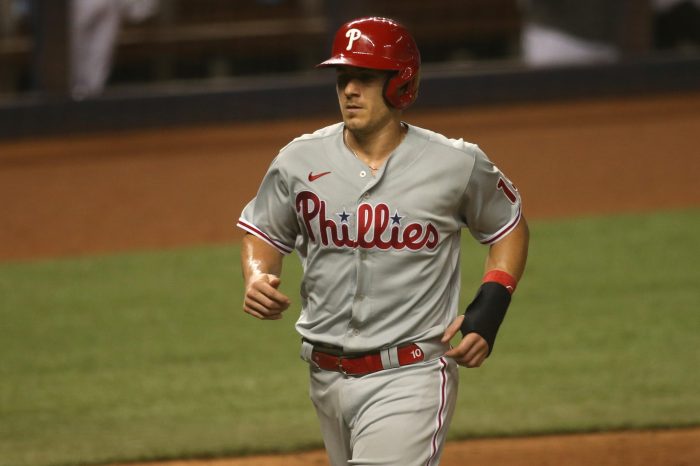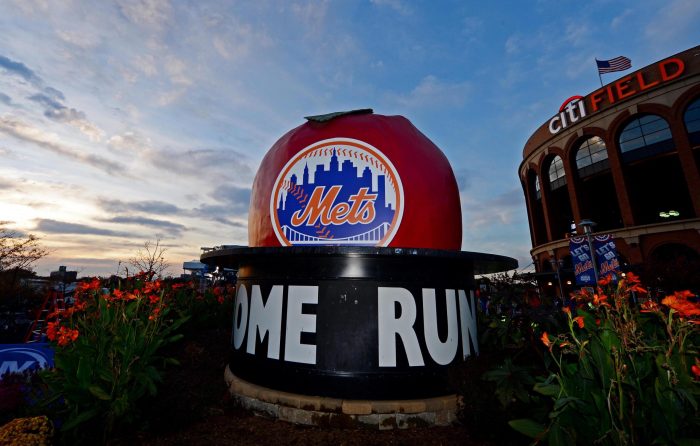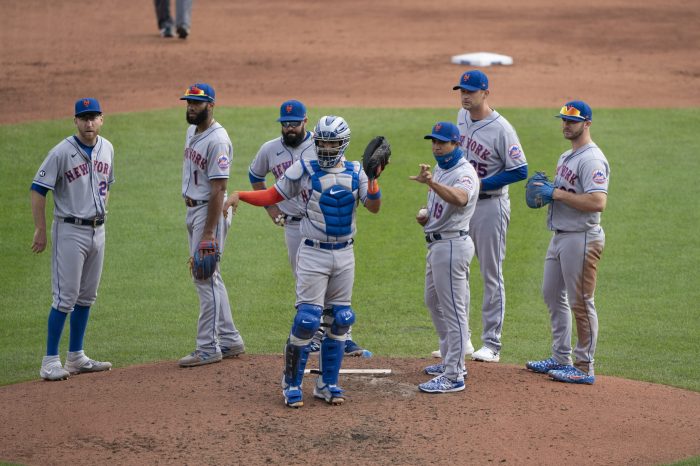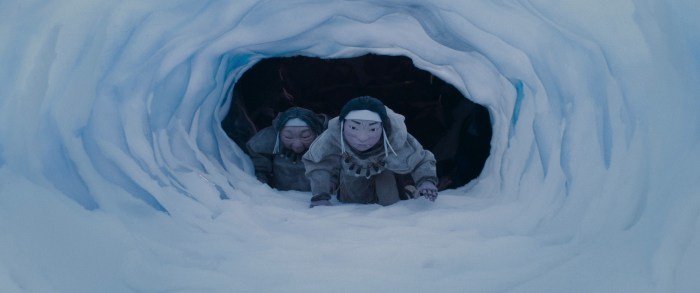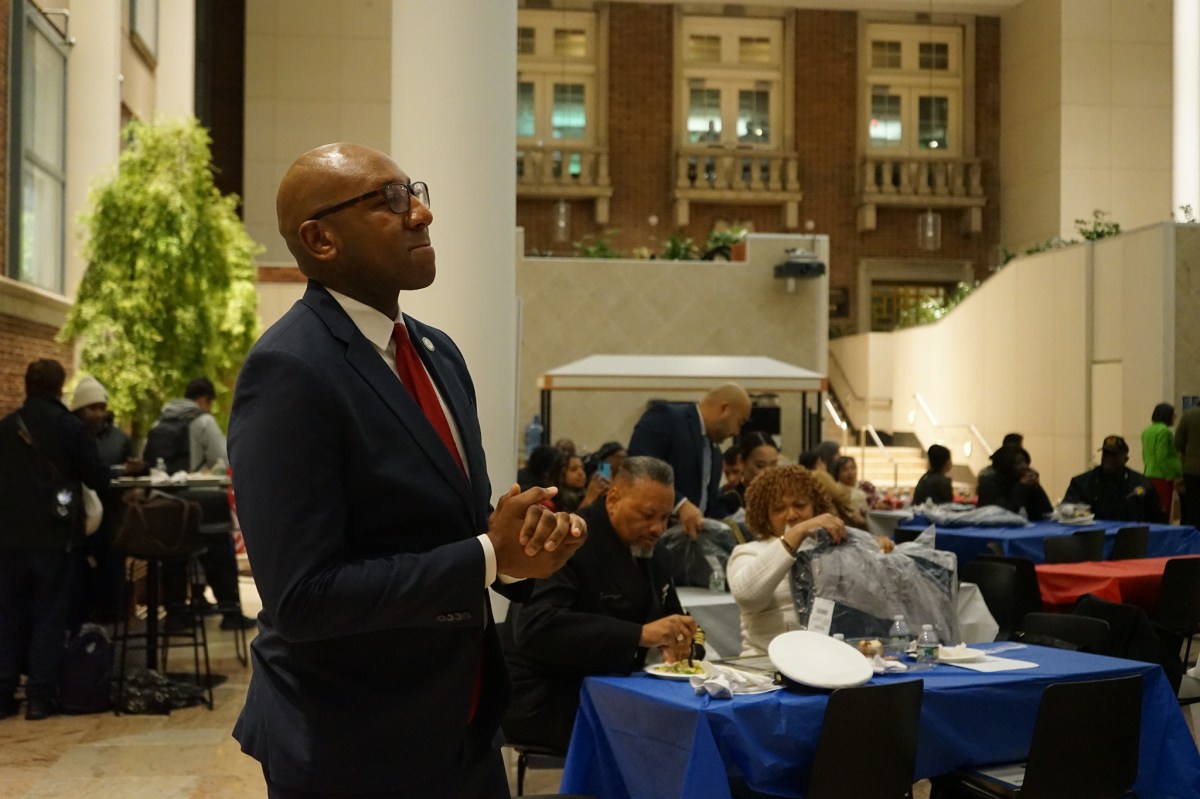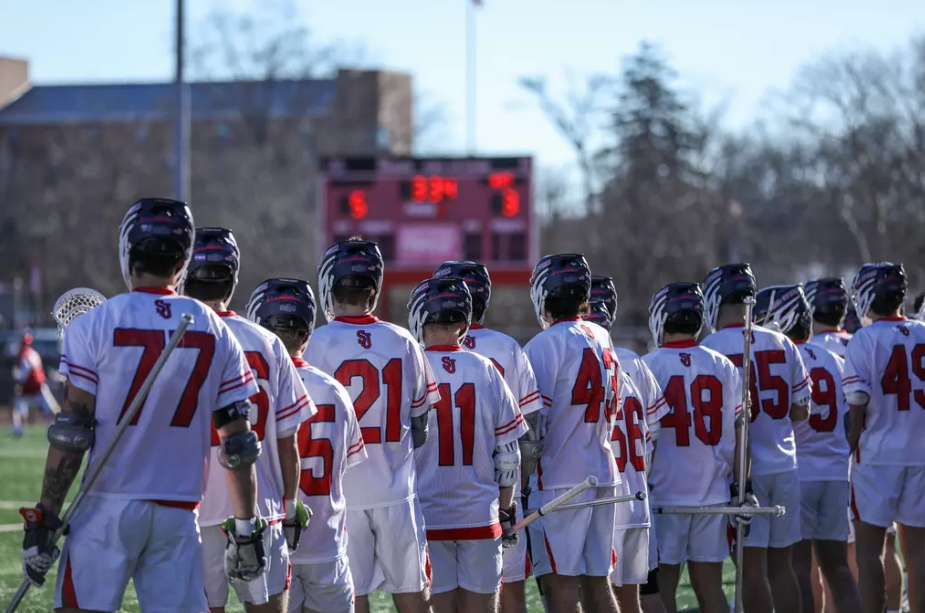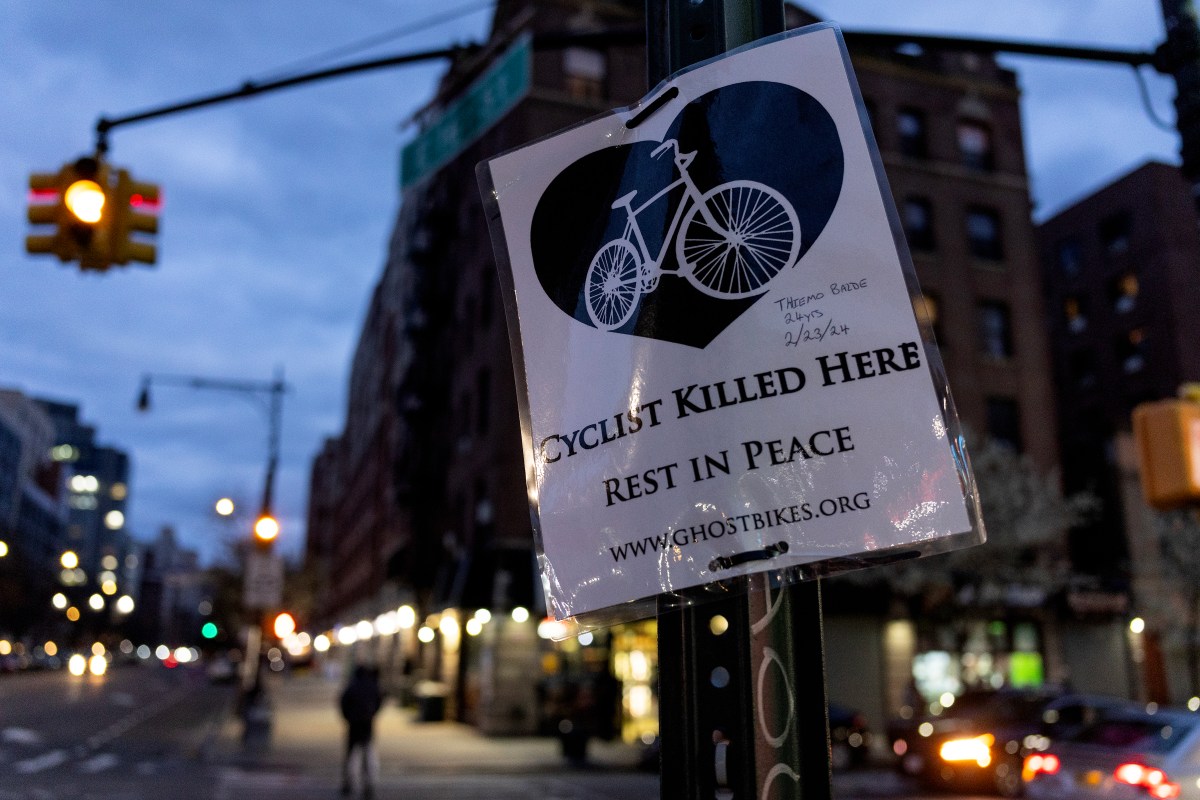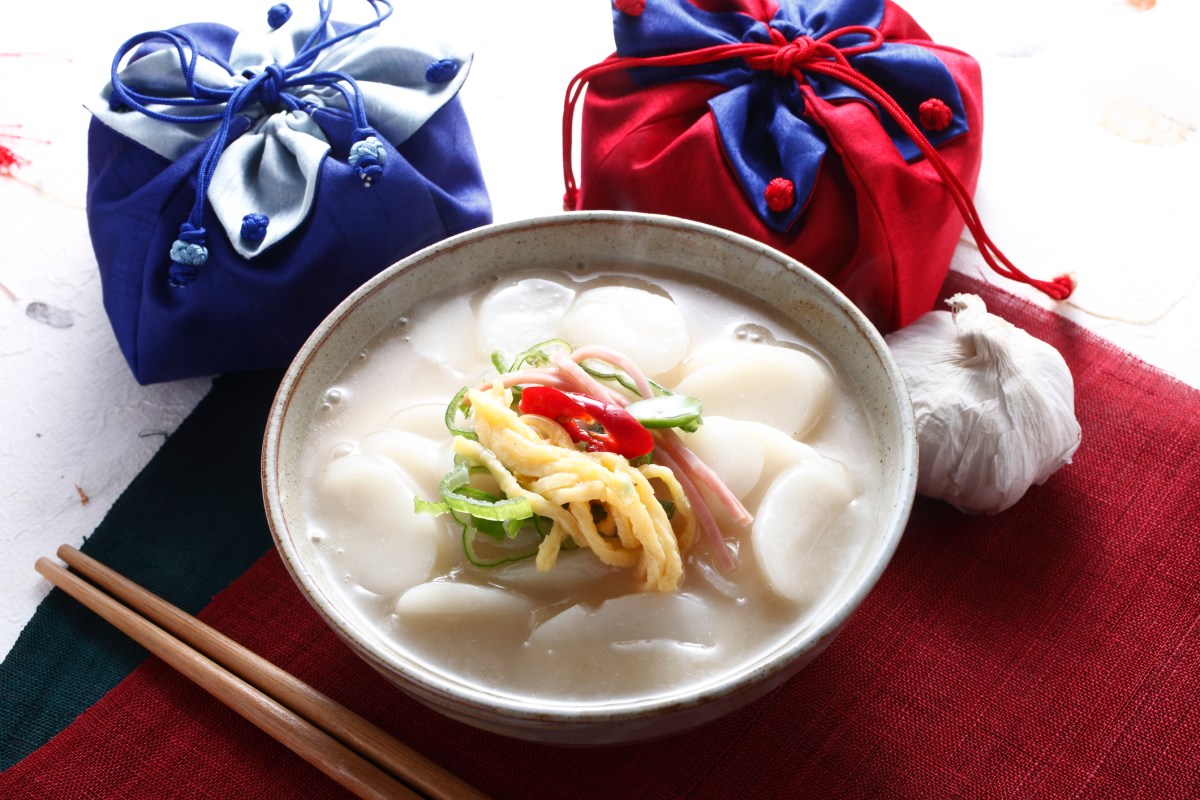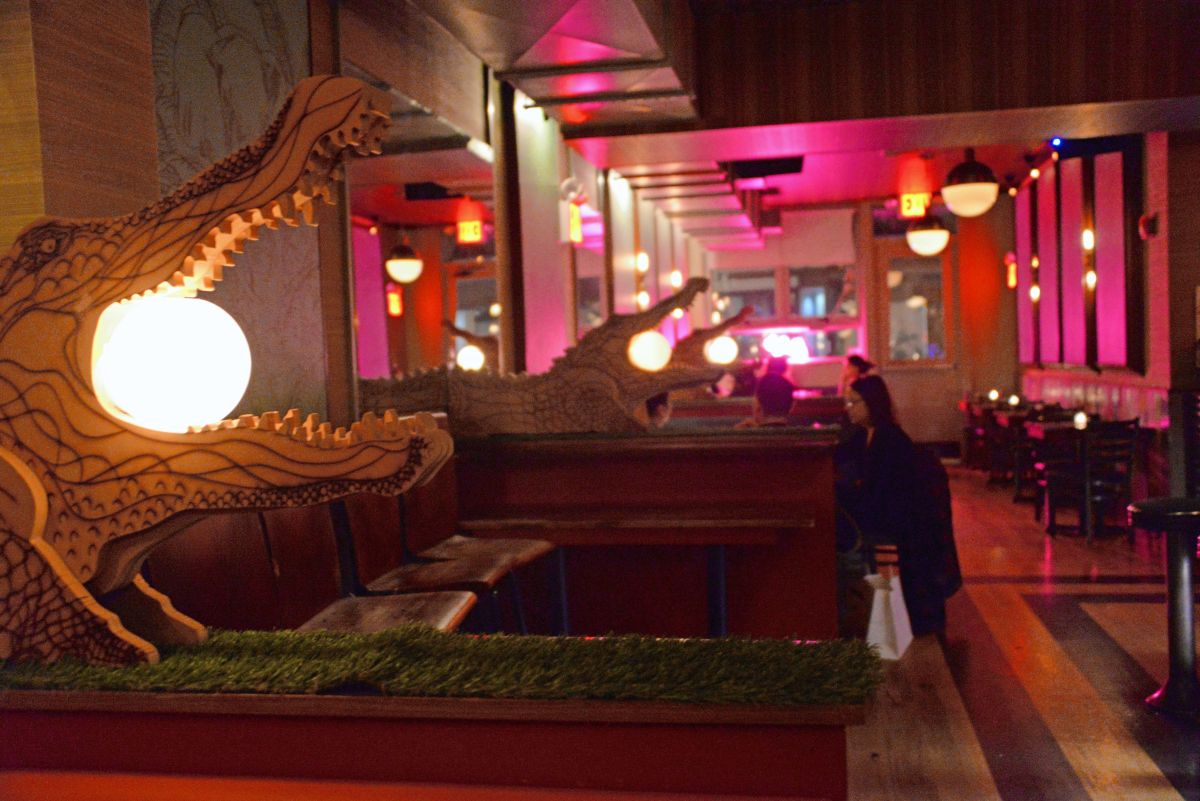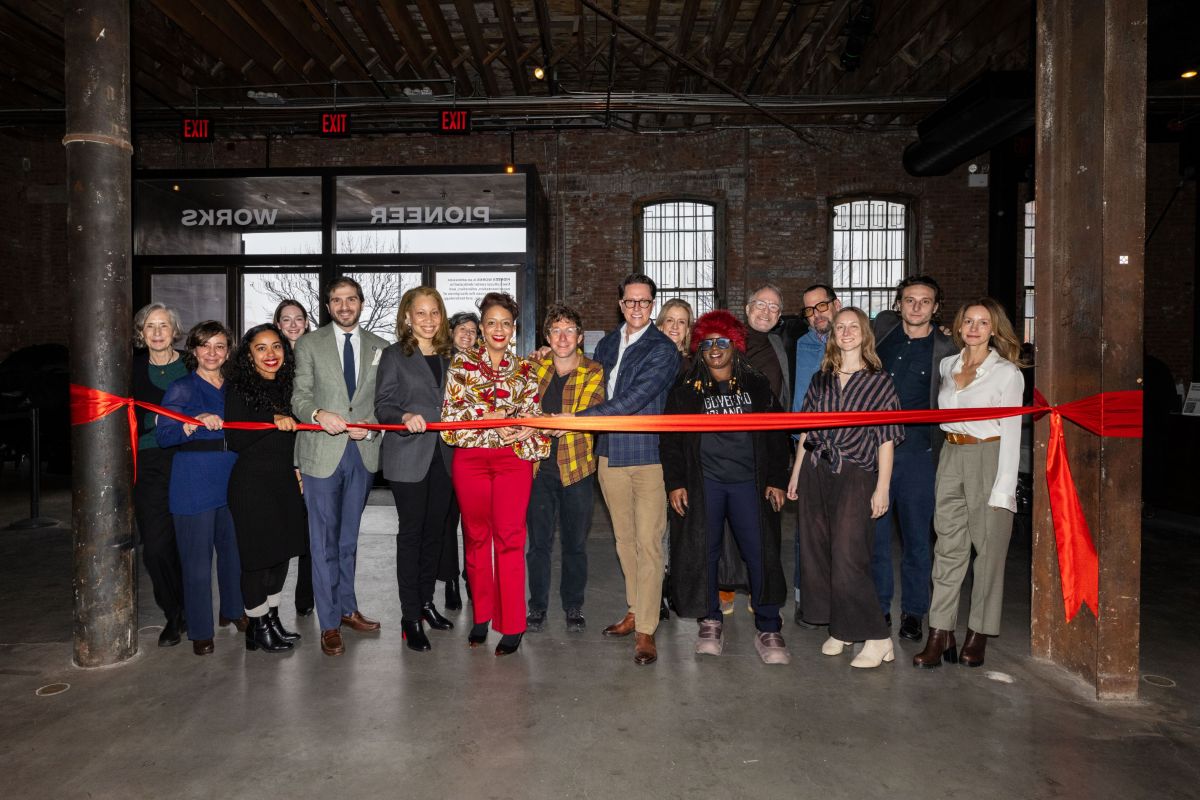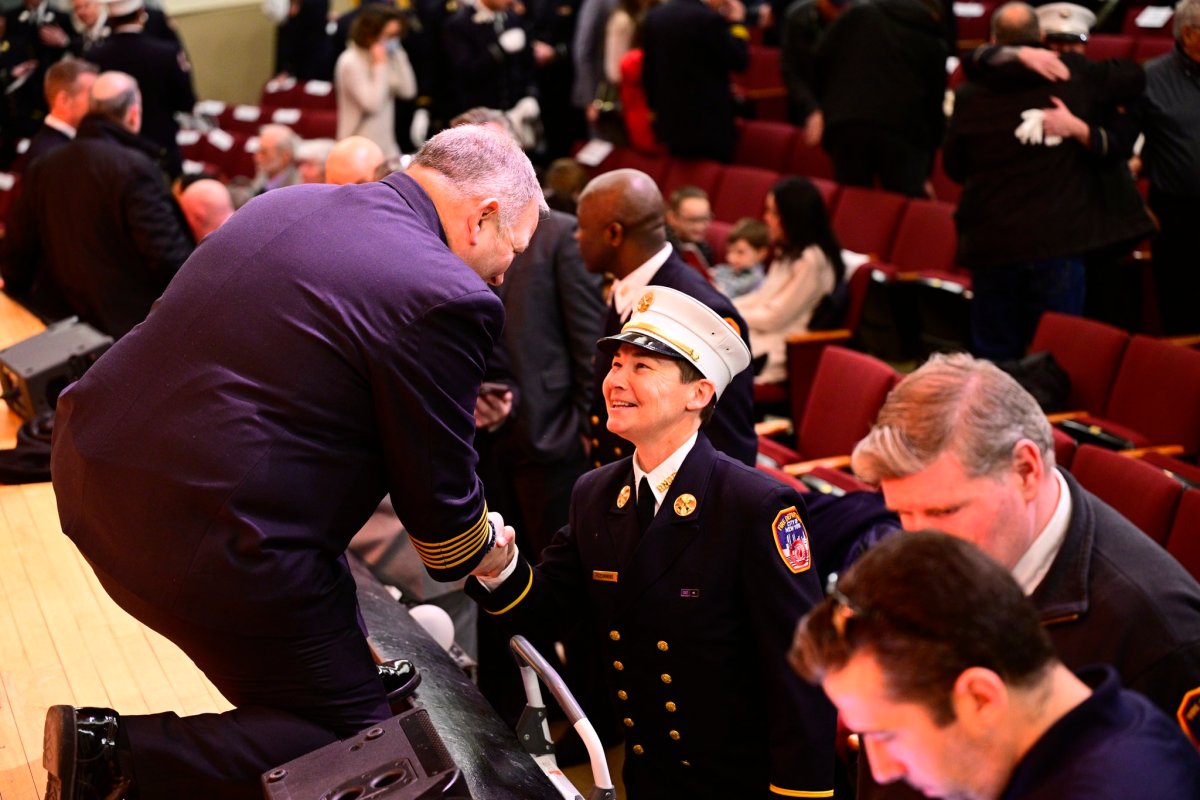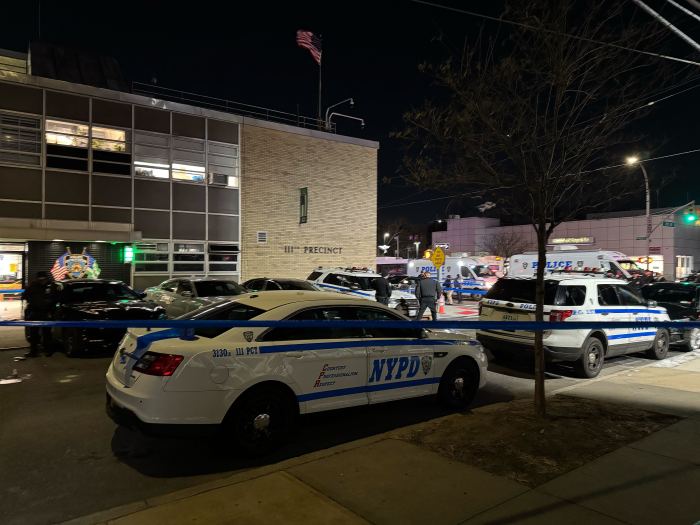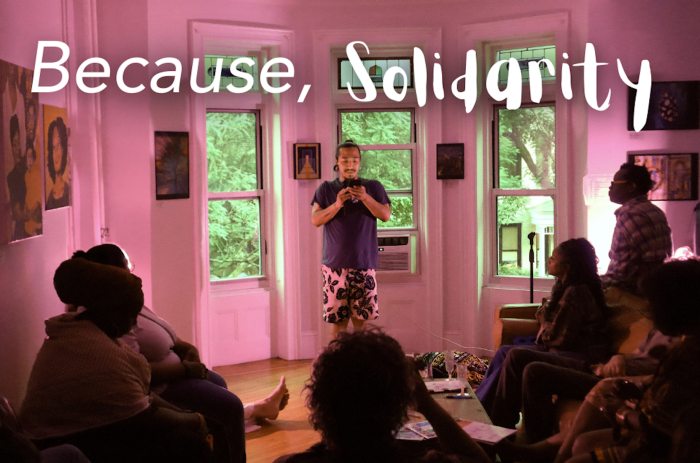In a memo sent to teams last week, Major League Baseball instructed National League clubs to prepare for the 2021 season as if the designated hitter will not be available, according to The Athletic’s Ken Rosenthal on Monday.
Under the league’s return-to-play policy for the 60-game 2020 season, the universal DH was implemented to ensure a level playing field for teams playing a geographically-driven schedule that included a higher percentage of inter-league matchups than usual.
A decision has not been officially made, but the memo at least provides some clarity about how some National League teams should construct their rosters moving forward. With MLB’s offseason about to hit its fever pitch — December is usually the time when major free-agent signings and trades are made — potentially isolating half the league into an unknown limbo of whether or not they’ll be able to have an extra MLB-caliber hitter in their lineup would have been an irresponsible move by the league.
Granted, such a decision would not have been as simple as dictating it into existence. With one year left of the current Collective Bargaining Agreement, there would have had to have been negotiations between the league and players’ association (MLBPA) to extend the universal DH to the 2021 season.
Considering just how treacherous talks were just to get the 60-game 2020 season up in the air amidst the COVID-19 pandemic, pitfalls could have been looming around every corner. Even if it was in negotiations about something as innocuous as the designated hitter.
The expectation is that the universal DH will be instituted in the new labor deal that will be worked out for the 2022 season and beyond.
So at least for one more season, National League baseball fans will be exposed to pitchers attempting to hit, which at this point is becoming just as dangerous as it is tiresome for the consumer.
Out of 115 pitchers who had at least 10 plate appearances in 2019, only 20 of them had a .200 batting average or better. Hurlers are no longer properly taught how to handle themselves at the plate, which only puts them in danger — something teams who are spending big money on arms don’t want to see anymore.



